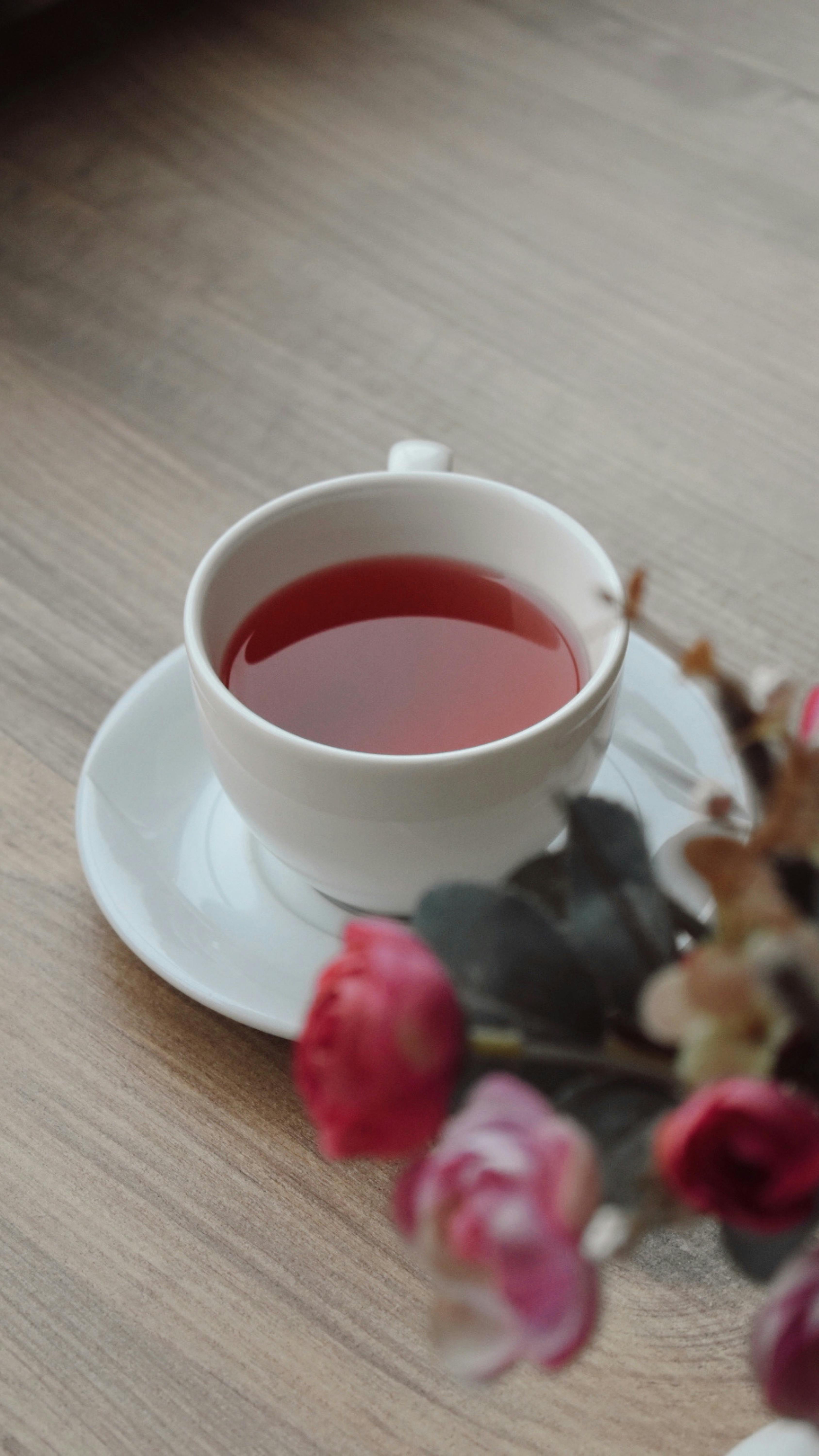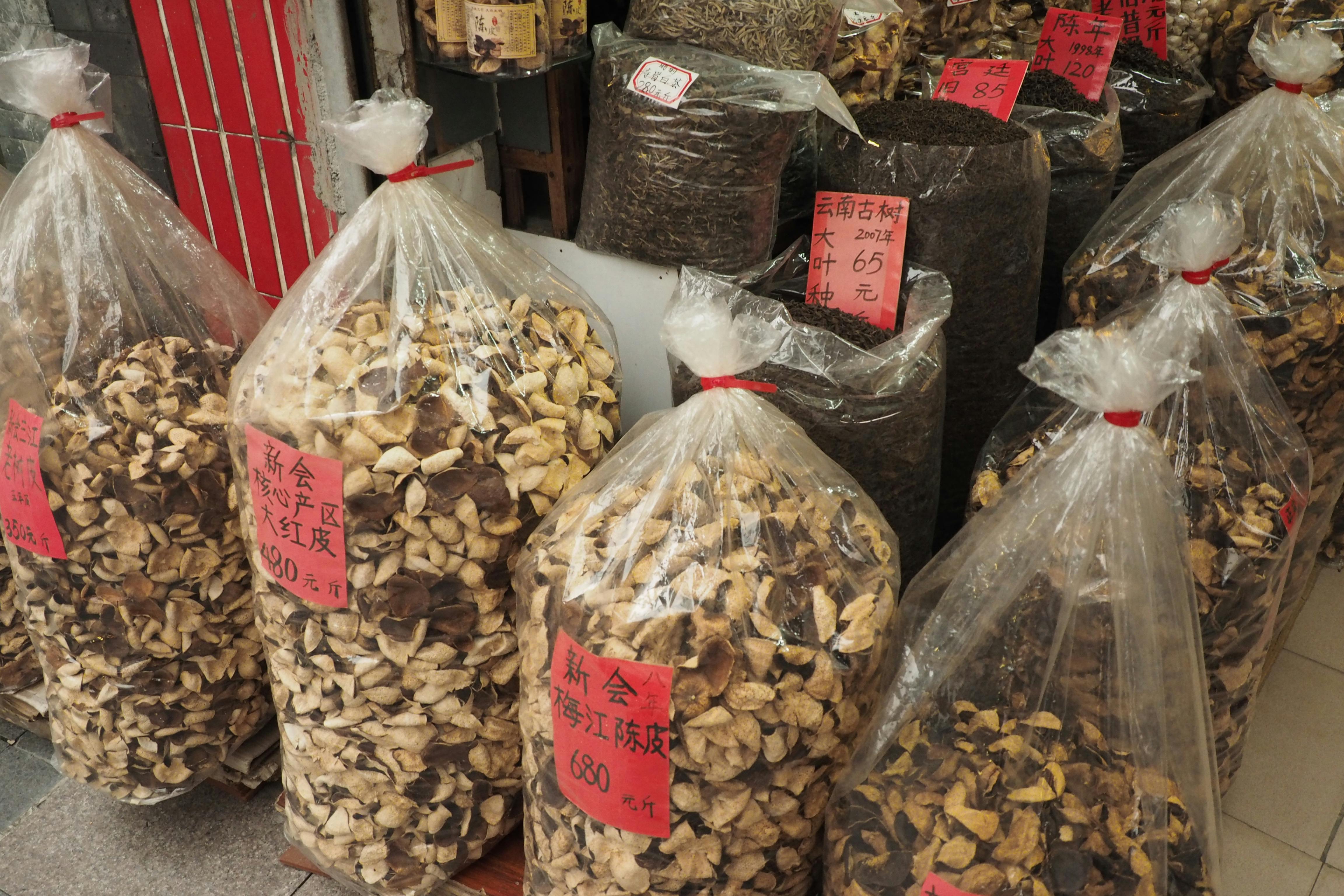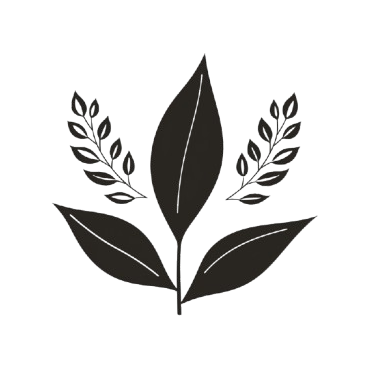Sourcing wholesale tea can be an exciting journey, filled with diverse flavors, aromas, and cultural experiences. As the demand for quality tea continues to rise globally, both retailers and businesses are seeking reputable suppliers who can provide top-notch products at competitive prices. By understanding the landscape of wholesale tea vendors, particularly those specializing in loose leaf and Chinese varieties, businesses can enhance their product offerings and meet customer expectations effectively.
Benefits of Sourcing from Wholesale Loose Leaf Tea Vendors

When it comes to sourcing tea, opting for wholesale loose leaf tea vendors offers several unique advantages. From enhanced flavor profiles to cost-effectiveness, here’s why more businesses are making this choice.
Superior Flavor and Freshness

Loose leaf tea is known for its superior taste compared to bagged varieties. The larger leaves retain essential oils and flavors better, resulting in a cup of tea that is aromatic and full-bodied.
This freshness is especially important for consumers who appreciate high-quality beverages. Many wholesale tea suppliers prioritize sourcing directly from tea estates, ensuring that their products maintain optimal freshness. When you choose wholesale tea, you’re not just purchasing a product; you’re investing in an experience that your customers will appreciate.
Cost-Effectiveness

Buying wholesale loose leaf tea can also be more economical than purchasing pre-packaged bags. When purchasing in bulk, businesses often benefit from lower per-unit costs, which can significantly boost profit margins.
Furthermore, loose leaf tea can typically be brewed multiple times, allowing for extended use of the same leaves. This aspect makes it a favorite among tea enthusiasts, thus providing an enticing selling point for retailers.
Eco-Friendly Packaging Options
As sustainability becomes increasingly crucial, sourcing from wholesale tea suppliers allows for more environmentally friendly choices. Many vendors offer biodegradable packaging options or even encourage customers to bring their own containers.
By promoting eco-conscious practices, businesses can resonate with a growing demographic that values sustainable consumption. This alignment not only enhances corporate responsibility but also appeals to consumers, potentially leading to increased sales.
Exploring the Best Wholesale Chinese Tea Options

Chinese tea has a rich history and a variety of types that appeal to different palates. As such, exploring the best options available through wholesale Chinese tea suppliers can elevate any business’s offerings.
Varieties of Chinese Tea
China is home to numerous tea varieties, each with distinct flavors and brewing methods. Popular types include green tea, black tea, oolong tea, white tea, and pu-erh tea.
Each type has unique characteristics and health benefits. For example, green tea is renowned for its antioxidants, while pu-erh tea is celebrated for its probiotic properties. Understanding these differences allows businesses to curate a selection that meets their customers’ preferences, creating a more compelling product range.
Sourcing Authenticity
Authenticity in sourcing is crucial when dealing with wholesale Chinese tea. Many suppliers pride themselves on their connections with local farmers and traditional production methods.
To ensure authenticity, businesses should consider visiting tea farms or participating in tastings. This hands-on approach not only fosters strong relationships with suppliers but also equips retailers with valuable knowledge they can share with customers.
Seasonal Availability
The availability of certain tea types can vary seasonally, impacting pricing and supply. Working closely with wholesale tea suppliers allows businesses to stay updated on seasonal harvests and new arrivals.
Being proactive in understanding these trends can help companies anticipate market shifts and adjust their inventories accordingly. Furthermore, promoting seasonal teas can create excitement and urgency among consumers, driving sales.
How to Choose a Reliable Tea Vendor from China

Finding a trustworthy tea vendor from China requires careful consideration and research. Given the vast number of suppliers in the market, here are some strategies to identify reliable partners.
Reputation and Reviews
Researching a supplier’s reputation is critical. Online reviews, testimonials, and ratings can provide insight into a vendor’s reliability and product quality.
Engaging in forums and communities dedicated to tea can also offer firsthand accounts from other businesses that have worked with specific suppliers. Transparency and communication are key indicators of a good relationship, so positive feedback in these areas is invaluable.
Certifications and Standards
Look for suppliers that adhere to international quality standards and certifications. Certifications such as ISO and organic labels indicate that the vendor prioritizes quality and safety.
A credible wholesale tea supplier should be willing to share documentation proving compliance with these standards. This transparency builds trust and ensures that businesses are sourcing safe, high-quality products.
Sample Orders
Before committing to a large order, requesting sample products can be a productive step. Samples allow businesses to analyze the quality and flavor profile of the tea.
Taking the time to evaluate samples aids in making informed decisions and reduces the risk of investing in subpar products. A reputable tea vendor from China will understand the importance of this practice and typically accommodates sample requests without hesitation.
Wholesale Tea: Trends and Market Insights

Staying abreast of current trends in the wholesale tea market is essential for any business looking to thrive. Understanding consumer preferences and innovations can create opportunities for growth.
Health and Wellness Focus
Recent years have seen a notable shift toward health-conscious consumption. Teas recognized for their health benefits—like matcha, green tea, and herbal blends—are becoming increasingly popular.
Retailers who emphasize the health aspects of their offerings—such as antioxidant content or detoxification properties—can attract a customer base that prioritizes wellness.
Premiumization of Products
Consumers are moving towards premium and specialty products, leading to higher demand for high-quality wholesale loose leaf tea. Shoppers are willing to invest more in authentic, artisanal teas, especially those with unique flavor profiles or small-batch production.
Businesses should consider expanding their offerings to include rare or limited-edition teas, which can command higher prices and foster loyalty among discerning consumers.
Sustainability Practices
As mentioned earlier, the demand for sustainable and ethically sourced products is rising. Consumers seek assurance that their purchases align with their values.
By collaborating with wholesale tea suppliers who prioritize eco-friendly practices, businesses can enhance their brand image and appeal to environmentally conscious shoppers. Promoting sustainable sourcing can serve as a significant differentiator in a crowded market.
Comparing Wholesale Loose Leaf Tea vs. Bagged Tea

When it comes to tea, consumers often find themselves choosing between loose leaf and bagged tea. Each option has its pros and cons, and understanding these can aid businesses in tailoring their product lines.
Flavor and Quality
As previously discussed, wholesale loose leaf tea generally offers a richer flavor experience. The absence of tea dust or fannings found in bagged tea means more robust flavors and aromas are preserved.
For many tea enthusiasts, loose leaf tea represents a ritualistic experience that bagged tea fails to capture. Educating customers about these differences can influence their purchasing decisions.
Convenience and Accessibility
On the other hand, bagged tea is widely regarded as convenient. It offers ease of use, making it the preferred choice for busy individuals or those new to brewing tea.
Retailers should assess their target audience’s preferences. Offering both options could accommodate various lifestyles and habits, ultimately enhancing customer satisfaction and loyalty.
Price Point Considerations
In terms of pricing, bagged tea may appear more affordable at first glance; however, when considering flavor strength and brewing potential, loose leaf tea could offer better value in the long term.
Educating consumers on the benefits of investing in quality tea over cheap alternatives can lead to more informed purchasing decisions and increased brand loyalty.
Guide to Finding Chinese Wholesale Tea Distributors

Identifying the right Chinese wholesale tea distributors is crucial for maintaining a steady supply of quality tea. Here are some practical tips to navigate this process successfully.
Networking Opportunities
Building connections within the industry can open doors to reputable distributors. Attending trade shows, tea expos, and industry conferences can introduce businesses to potential partners.
Networking also provides a platform for learning about market trends and consumer preferences, contributing further to informed decision-making. Establishing a strong network can lead to fruitful partnerships that benefit all parties involved.
Online Directories and B2B Platforms
Various online platforms specialize in connecting businesses with suppliers. Websites like Alibaba, Global Sources, and ThomasNet can serve as portals to discover wholesale tea suppliers.
However, due diligence is necessary. Businesses should verify supplier credentials and read reviews before making commitments. Direct communication with suppliers can also clarify any concerns and facilitate smoother transactions.
Personal Visits
If feasible, visiting a potential distributor’s facilities can provide an invaluable perspective on their operations. Observing their processes, quality control measures, and sourcing practices can confirm if they align with your business ethos.
Moreover, face-to-face interactions foster stronger relationships, demonstrating commitment and professionalism that can yield long-term benefits.
What to Look for in a Wholesale Tea Supplier

Selecting the right wholesale tea supplier is integral to a business’s success. Various factors come into play, and careful consideration can lead to productive partnerships.
Quality of Product
The foremost factor to consider is the quality of the tea. Assess the supplier’s product range, sourcing methods, and quality control practices.
Requesting samples and conducting taste tests can assist in evaluating flavor profiles. Remember, quality directly correlates with customer satisfaction, making it a non-negotiable priority.
Reliability and Consistency
Reliability is vital in the wholesale market. A supplier must maintain consistent stock levels and deliver orders punctually.
Establishing clear communication channels can mitigate potential issues. Regular updates on inventory status and upcoming shipments will ensure that businesses can manage their stock efficiently.
Customer Support
Excellent customer support is essential in building a strong partnership. Suppliers should be accessible, responsive to inquiries, and willing to address any concerns.
Having a dedicated account manager or contact person can streamline communication and make logistics smoother. Strong support fosters a sense of collaboration and trust, enabling businesses to focus on their core operations.
Popular Types of Wholesale Chinese Tea Available

The variety of wholesale Chinese tea is vast, with numerous options catering to different tastes and preferences. Understanding these options can empower businesses to create captivating product offerings.
Green Tea
Green tea is one of the most popular types, prized for its fresh flavor and health benefits. Renowned varieties include Longjing (Dragon Well) and Bi Luo Chun, each possessing unique characteristics.
Promoting the health benefits associated with green tea can attract health-conscious consumers eager to incorporate nutritious beverages into their diets.
Oolong Tea
Oolong tea strikes a balance between green and black tea, offering a rich flavor with floral notes. Wuyi Rock and Tie Guan Yin are favored choices among tea connoisseurs.
Highlighting the art of brewing oolong tea can educate customers on its complexity, enriching their appreciation for this exquisite beverage.
Pu-erh Tea
Pu-erh tea, characterized by its fermented nature, has garnered a loyal following due to its unique taste and health benefits. Often considered a digestive aid, it is popular among tea drinkers seeking something distinctive.
Educating consumers about the proper preparation and aging process of pu-erh tea can enhance their overall experience and encourage exploration of this fascinating tea genre.
Maximizing Profits with Wholesale Tea Purchases

Effective management of wholesale tea purchases can lead to significant profit increases. Here are some strategies businesses can implement to maximize their returns.
Strategic Sourcing
Choosing the right suppliers plays a crucial role in profitability. Opting for wholesale tea suppliers who offer competitive pricing and quality products can help reduce costs while maintaining quality.
Assessing multiple suppliers allows businesses to compare offerings and negotiate better deals. Building strong relationships with suppliers can lead to favorable terms and discounts over time.
Diversifying Offerings
Offering a diverse range of teas can attract various customer segments. Bundling products, creating themed collections, or introducing unique blends can increase sales and enhance customer engagement.
Additionally, seasonal promotions featuring limited-time teas can create buzz and urgency among consumers, driving sales during peak periods.
Effective Marketing Strategies
Utilizing effective marketing strategies can elevate brand visibility and drive traffic to your products. Engaging content, social media campaigns, and influencer partnerships can enhance brand awareness.
Creating informative content around tea education can also position your business as a trusted source, converting casual browsers into loyal customers.
Conclusion

Navigating the world of wholesale tea requires thoughtful consideration and strategic actions. By understanding the intricacies of sourcing quality products, staying ahead of market trends, and fostering strong relationships with suppliers, businesses can position themselves favorably in this thriving industry.
Whether you are a retailer looking to expand your product line or a startup venturing into the world of tea, leveraging the insights shared in this article can help you build a successful and profitable tea business. Embrace the journey, and let the wonderful world of tea enrich your offerings and captivate your customers.
